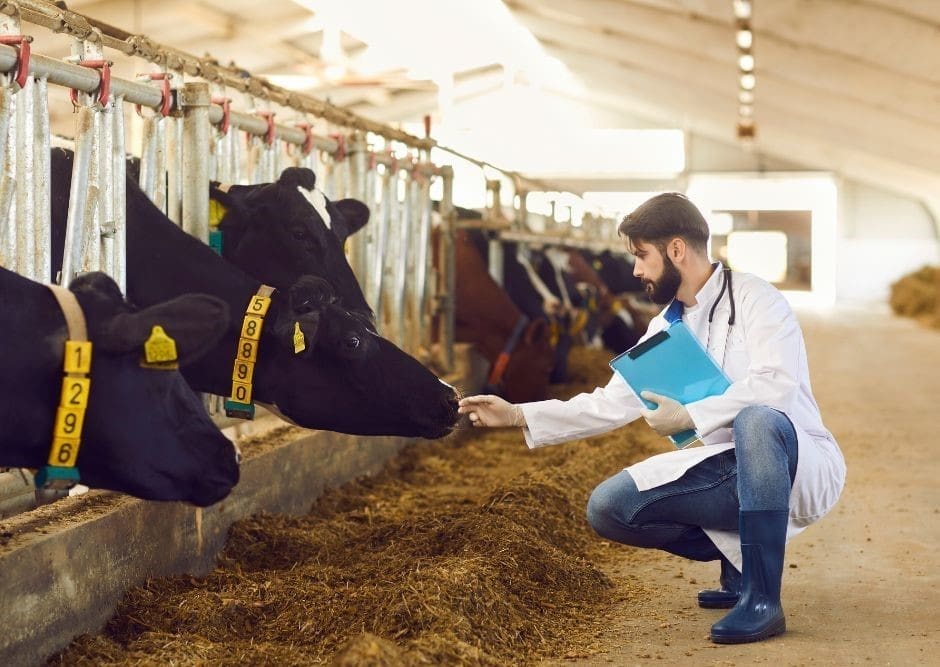By Trish Svoboda
The U.S. Department of Agriculture announced it is taking several actions to ensure the health and viability of the nation’s livestock and poultry. In the two months since the initial detection of H5N1 in dairy cattle, USDA has worked quickly and with its federal and state partners to better understand the virus and remains committed to seeking additional ways to collect the data needed to better understand and mitigate the risk created by this outbreak.
USDA is adding an additional $824 million in emergency funding from the Commodity Credit Corporation (CCC) to strengthen these efforts and is launching a new Voluntary H5N1 Dairy Herd Status Pilot Program to give dairy producers more options to monitor the health of their herds and move cows more quickly while providing on-going testing and expanding USDA’s understanding of the disease.
The allocated funds will go towards expected diagnostic procedures, field response operations, pre-transfer testing protocols, essential surveillance and control measures, and wildlife monitoring for APHIS. They will also aid the Agricultural Research Service (ARS) in their efforts to create vaccines for Highly Pathogenic Avian Influenza (HPAI) in cattle, turkeys, pigs, and goats. In addition, the funding will support food safety research conducted by ARS and the Food Safety and Inspection Service.
As the USDA implements further testing procedures, it expects a rise in both testing and positive results. This will add to the understanding of the disease and its potential transmission among herds. At the same time, this pilot program will aid in collecting more data on how farmers with infected herds can document the eradication of the virus from their farms and the measures they can implement to sustain an H5N1-free herd.
The funding will support anticipated diagnostics, field response activities, pre-movement testing requirements, other necessary surveillance and control activities, surveillance in wildlife for APHIS, the Agricultural Research Service’s (ARS) work in developing vaccines for HPAI in cattle, turkeys, pigs, and goats, and ARS and the Food Safety and Inspection Service’s food safety studies.













